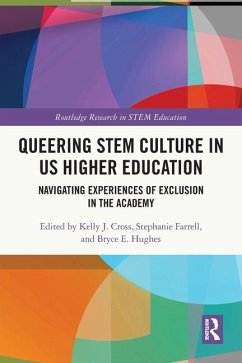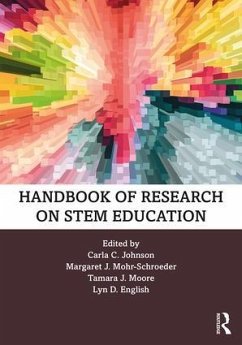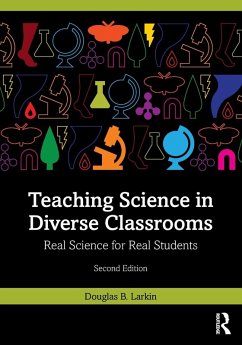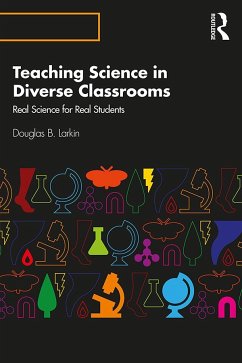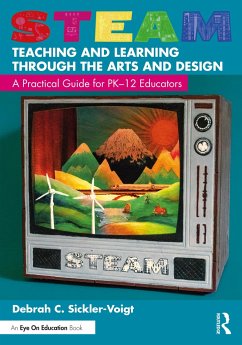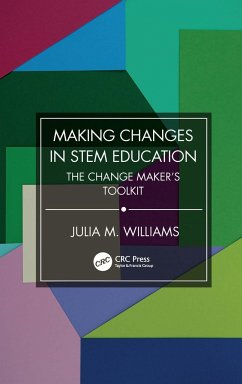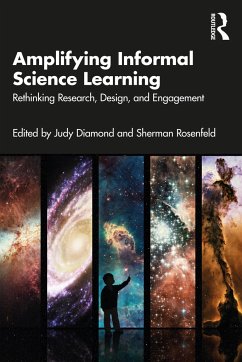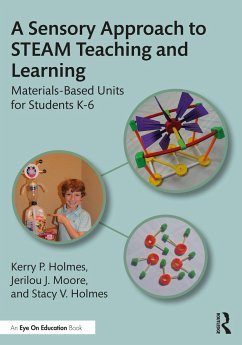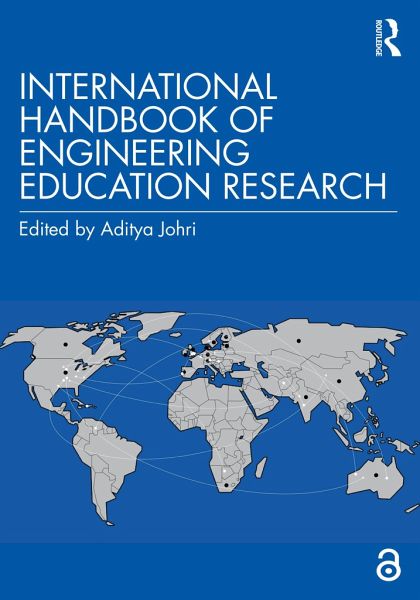
International Handbook of Engineering Education Research
Versandkostenfrei!
Versandfertig in 1-2 Wochen
122,99 €
inkl. MwSt.
Weitere Ausgaben:

PAYBACK Punkte
61 °P sammeln!
This comprehensive handbook offers a broad overview of contemporary research on engineering education, relevant for researchers and educators in engineering and STEM fields. Topics covered include sociocognitive perspectives on engineering education, the use of technology and online learning, and cultural and ethical issues.





